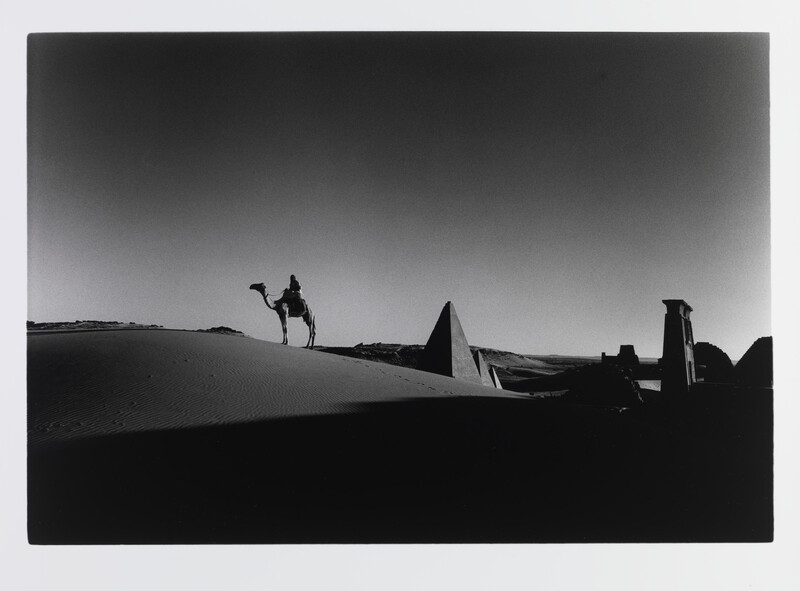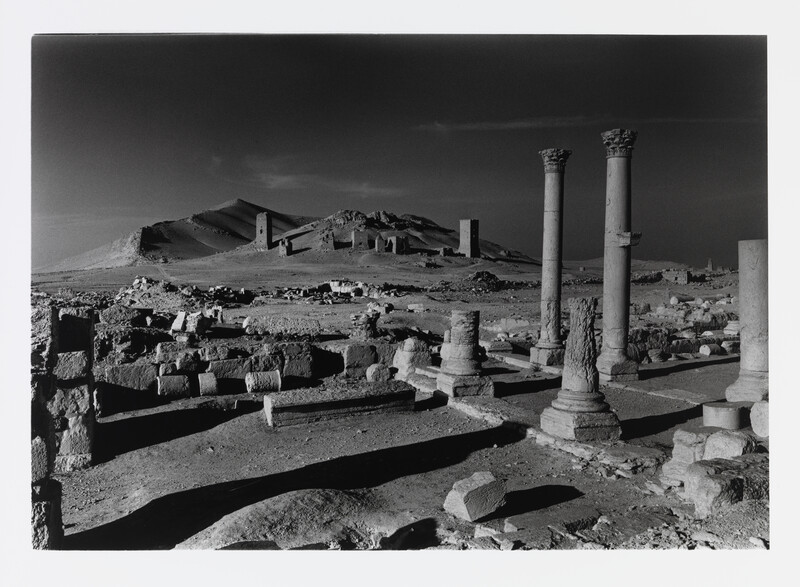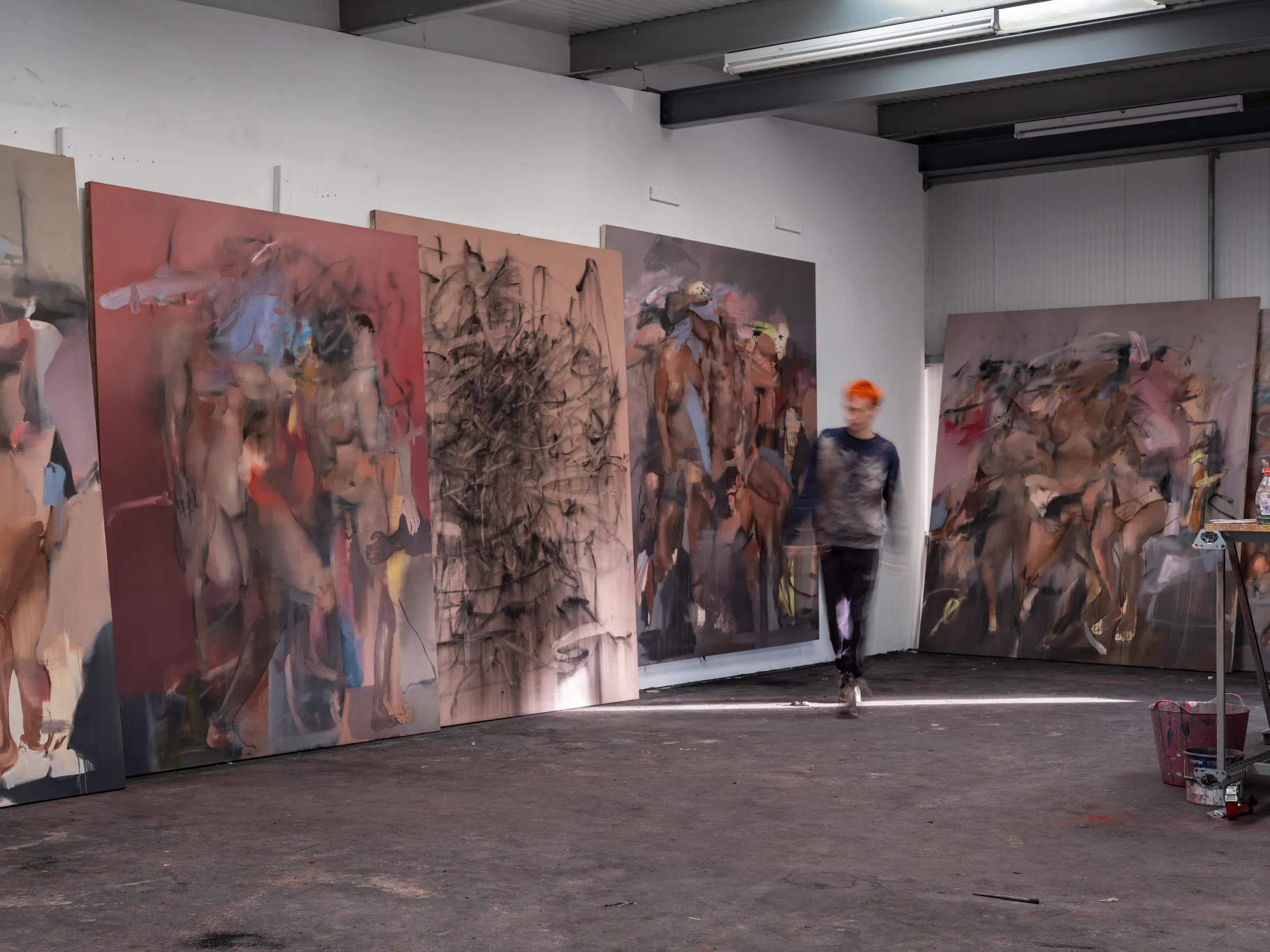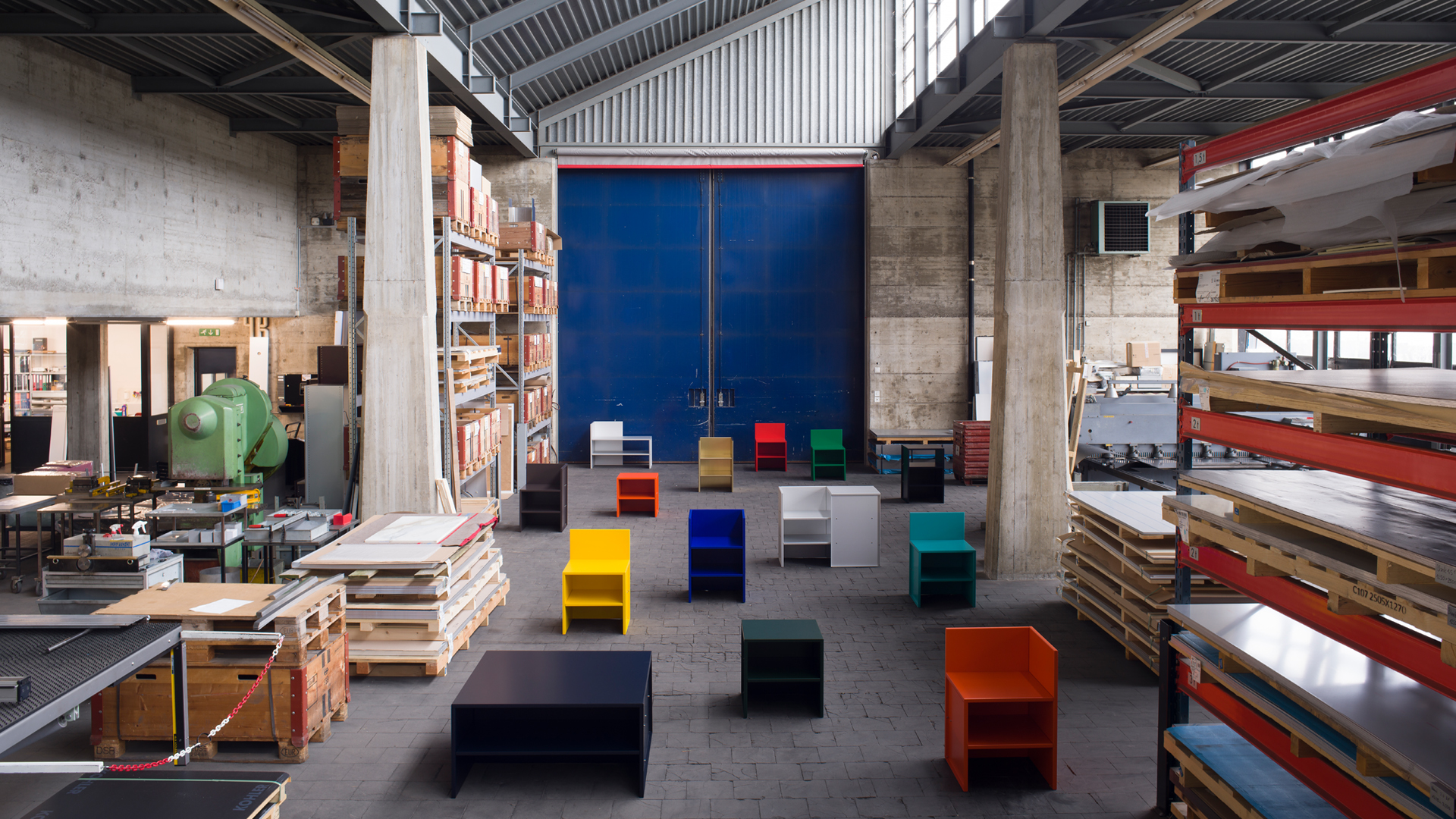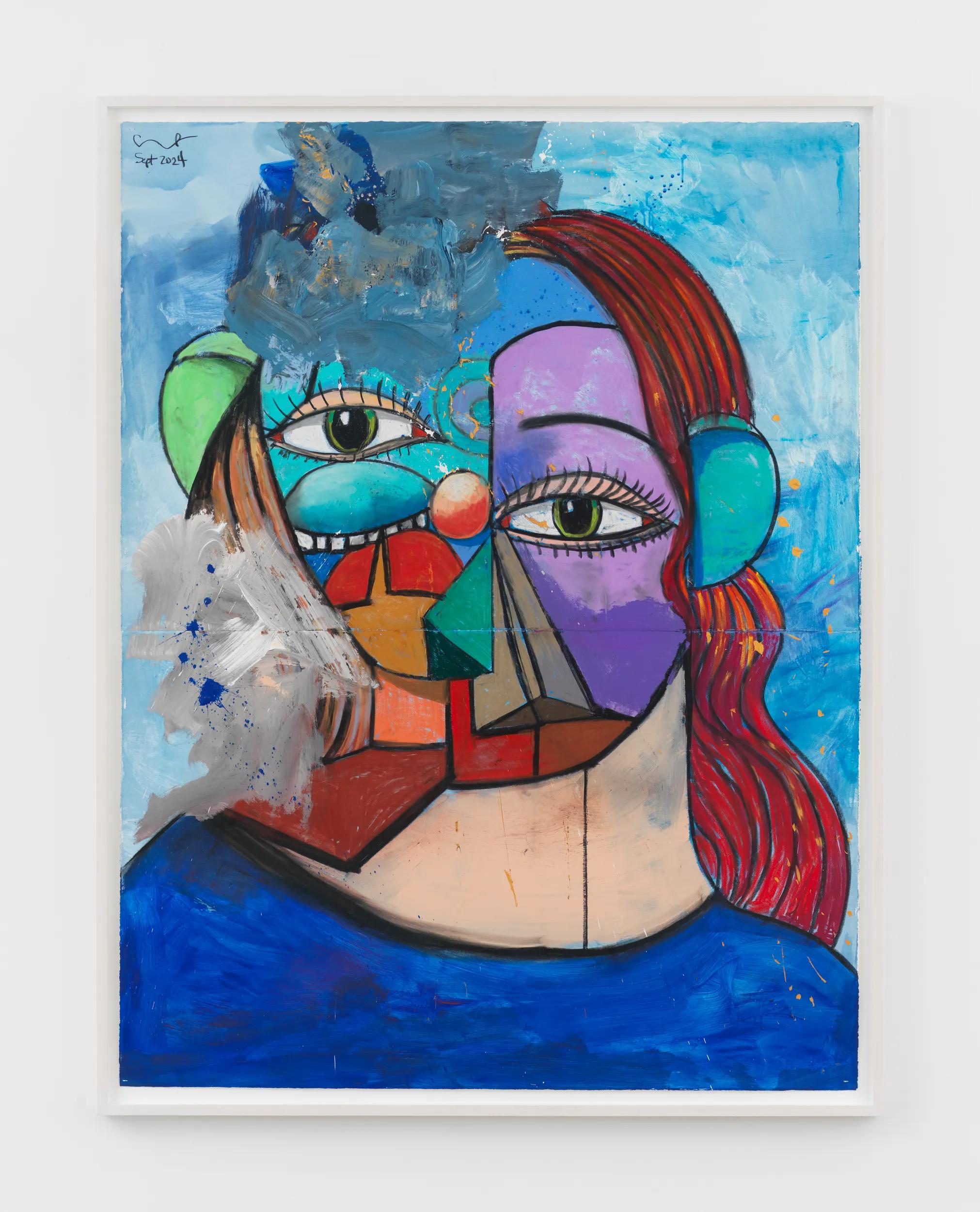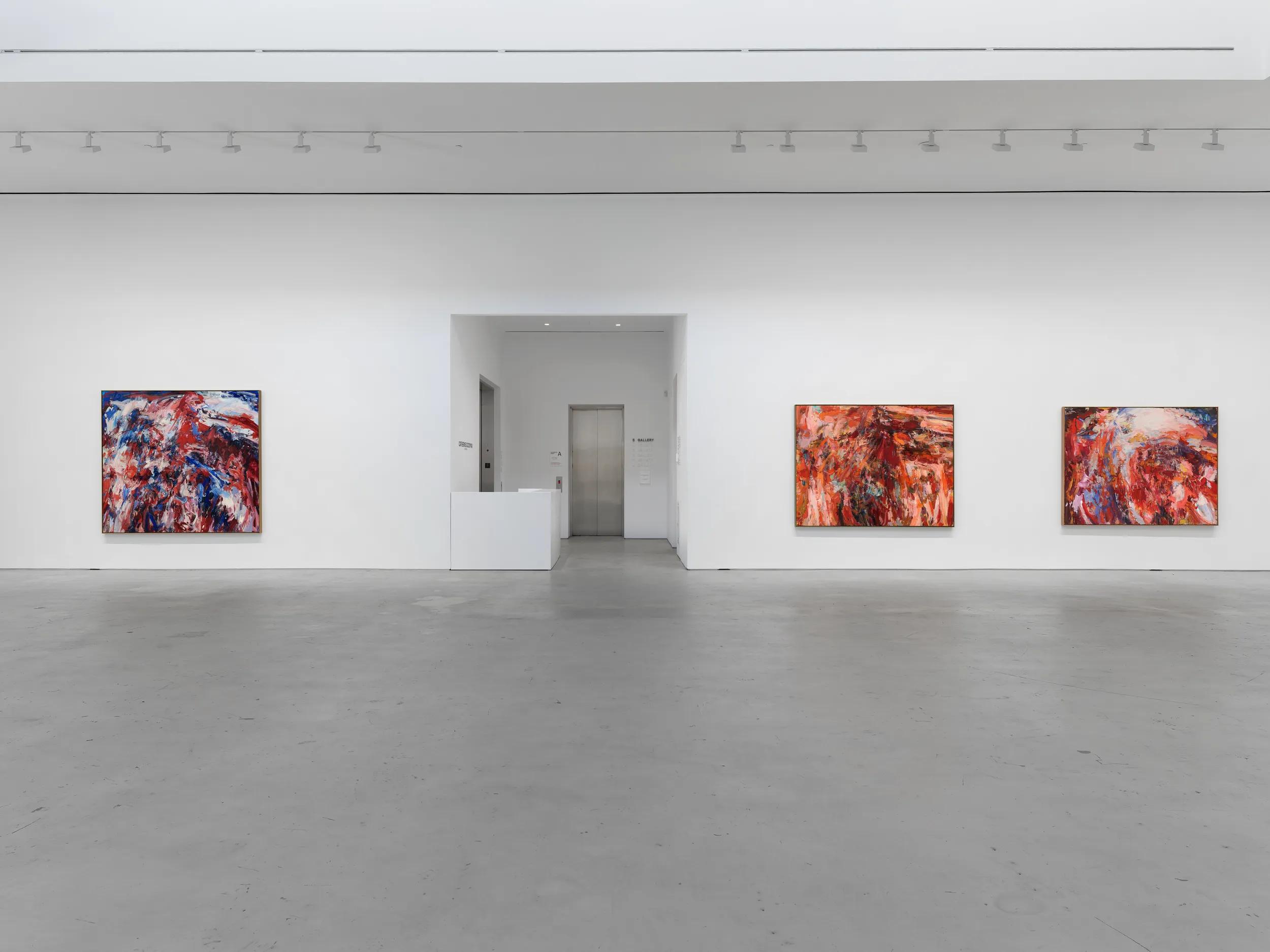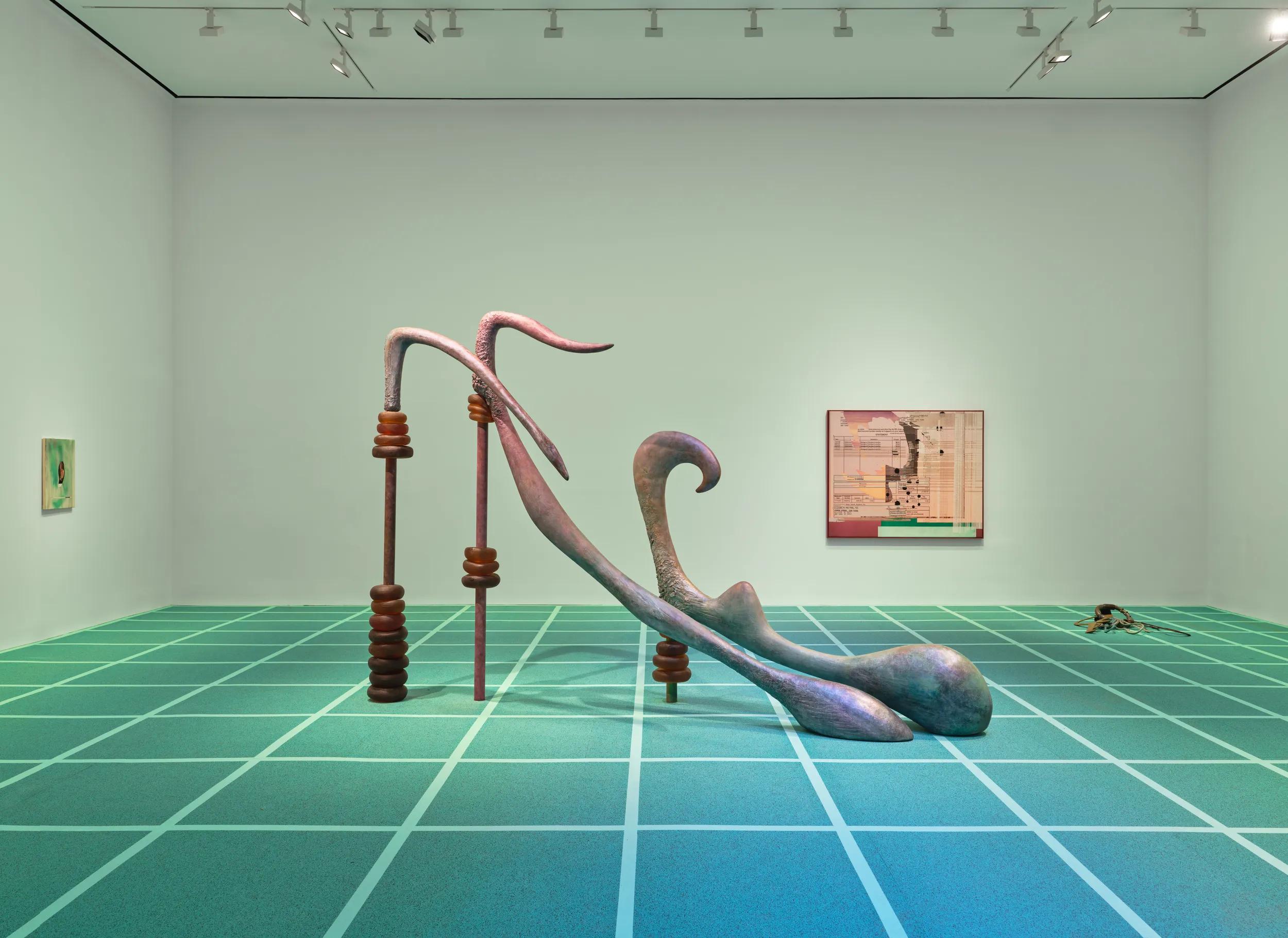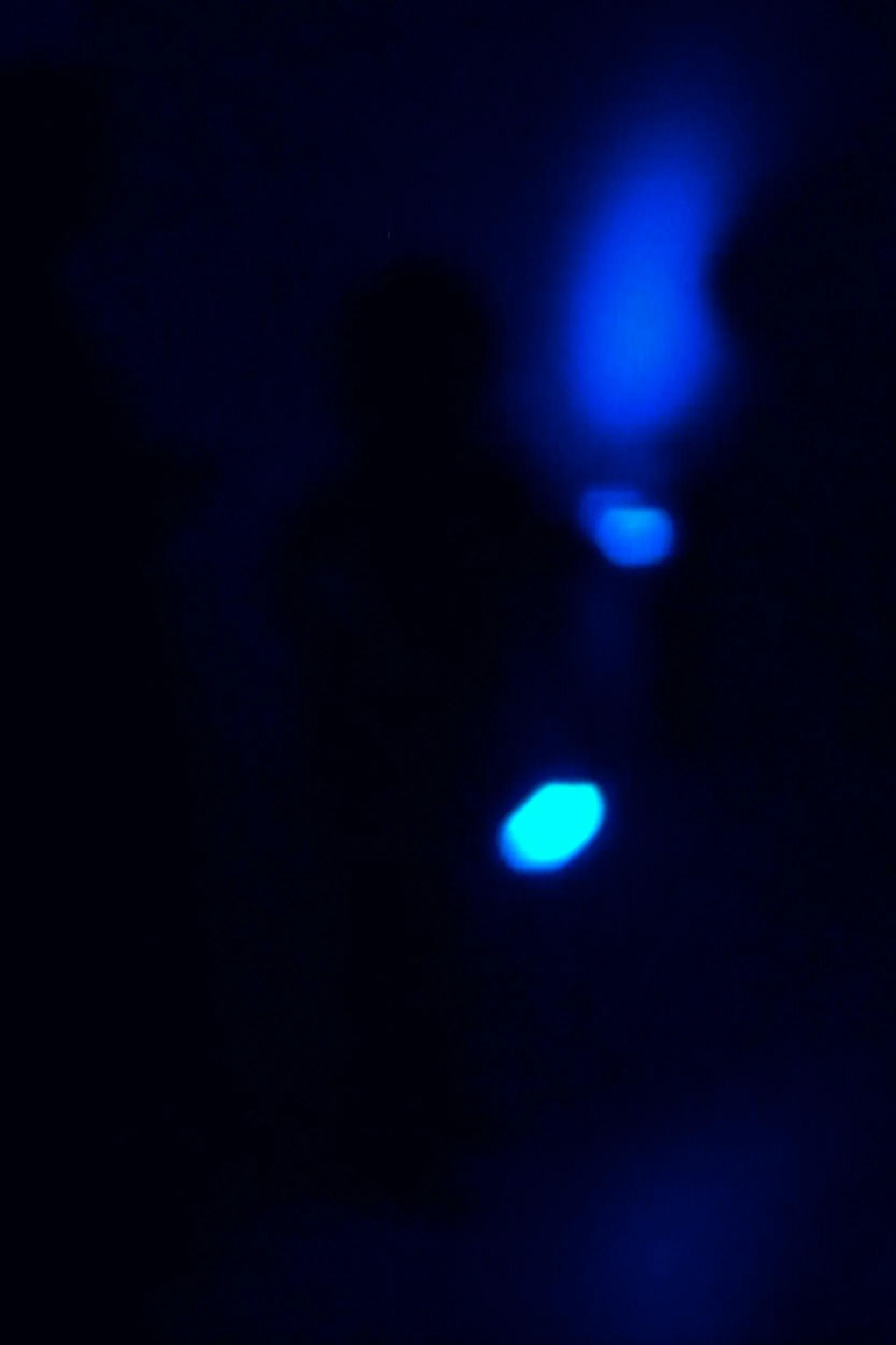
Don McCullin
The Stillness of Life
25 January - 6 September 2020
Somerset
In order to share a safe and positive experience, we ask that you book a timed reservation to visit our current exhibitions at Hauser & Wirth Somerset. Please visit our location page to plan your visit.
In Somerset, ‘Don McCullin. The Stillness of Life’ is a focused presentation of over 60 landscape photographs, mapping Sir Don McCullin CBE’s intimate relationship with the local landscape of Somerset and continued passion for global travel since the 60s. Regarded as one of the most accomplished war photographers of recent times, McCullin has spent the last six decades travelling to remote locations and witnessing harrowing scenes of conflict and destruction. Often referring to the British countryside as his greatest salvation, McCullin demonstrates the full mastery of his medium with stark black and white images resonating with human emotion. This personal survey depicts scenes from across the United Kingdom, Europe and Asia, revealing McCullin’s innermost feelings through powerful compositions of wild heavens, haunting vistas and meditative still lifes.
Having been evacuated to the safety of Somerset during the Blitz, McCullin has had a lifelong connection with the open farmland and hill country of the South West, feeling at peace within the solitude of the expansive landscape. The largest body of work featured in the exhibition explores local areas within walking distance of the photographer’s home, including ‘The River Alham near my house, Somerset’ (2007), ‘The Dew Pond, Somerset’ (1988) and ‘Batcombe Vale’ (1992-93). McCullin is able to evoke dramatic painterly representations of his home county with quiet confidence, shifting between the flooded lowlands of the Somerset levels to woodland streams, nearby monuments and historic hill forts.
These images will be displayed alongside a series of gelatin still life compositions, composed by McCullin in his garden shed and developed in his dark room at home. McCullin often refers to these still lifes as providing a deeper form of escapism than his landscapes, drawing inspiration from the great Flemish and Dutch renaissance masters. It is the emotional durability and intuitive presence of McCullin throughout the entire journey of image making, from capturing to developing, that allows us a rare insight into the redemption he has found from the land and place he calls home.
The exhibition continues to explore McCullin’s documentation across the United Kingdom, featuring pensive rural scenes that include Hadrian’s Wall, Northumberland; the River Cam, Cambridgeshire; Rannoch Moor and Glencoe, Scotland. These images are presented in contrast to poignant urban landscapes from McCullin’s early career and visits to Northern England between the 1960s – 70s. McCullin’s honest and empathetic approach towards years of widespread British poverty, social concerns and hardship is most apparent in this body of work, highlighting a genuine commitment to communities often overlooked and the landscape in which they inhabit.
The photography included from the recent ‘Southern Frontiers’ project provides an important connection between the two key strands of McCullin’s work: conflict and landscape, perhaps the most extensive single body of work outside of the Somerset landscapes. Beginning in the early 2000s, he began documenting physical remains of the colossal Roman Empire in North African and Levantine landscapes, including the ancient site of Palmyra. McCullin travelled through Lebanon, Syria, Jordan, Morocco, Algeria, Tunisia and Libya, returning to Syria recently to document the decimation of these ancient sites by the so-called Islamic State. This driving force to connect and reflect on sacred locations and diverse communities continues further afield across to India and Indonesia, locations where McCullin has documented local rituals, festivals and architecture, enabling western viewers to meditate on the richness of world culture and daily praxis.
The exhibition concludes with four unseen Arctic landscapes captured by McCullin in 2019 during a trip to Svalbard. The journey was the culmination of a lifelong ambition to immerse himself in this ever-changing hostile environment. McCullin welcomed the challenge and experience of total isolation in the frozen lunar arctic landscape, seeking to convey the mysterious and mystical quality of the light in this part of the world. As with most of McCullin’s landscape images, this evocative series presents us simultaneously with overwhelming beauty and reminds us of the fragility of our natural environment.
Undoubtably war and disaster have never left McCullin, however it is through his ceremonial journeys across familial corners of the landscape that he sentences himself to peace and seeks to find stillness in life. In McCullin’s words, ‘My solace lies in recording what remains of the beautiful landscape of Somerset and its metallic dark skies, which give this county an aged and sometimes remote feeling as if the past is struggling against the future. The stillness of silence and sometimes my loneliness provoke my imagination, but, like the surrounding land, I am fighting to release the past in me.’
‘Don McCullin. The Stillness of Life’ follows McCullin’s major retrospective at Tate Britain in Spring 2019, featuring over 250 photographs that celebrate the scope and achievements of his entire career. This comprehensive survey will travel to Tate Liverpool in June 2020.
Selected images

Batcombe Vale
1992
Installation views
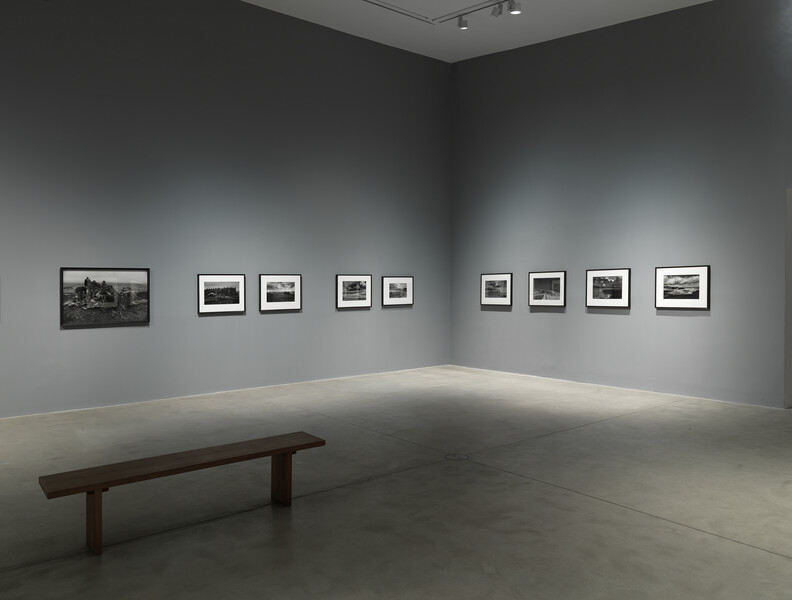

Related Content
About the Artist
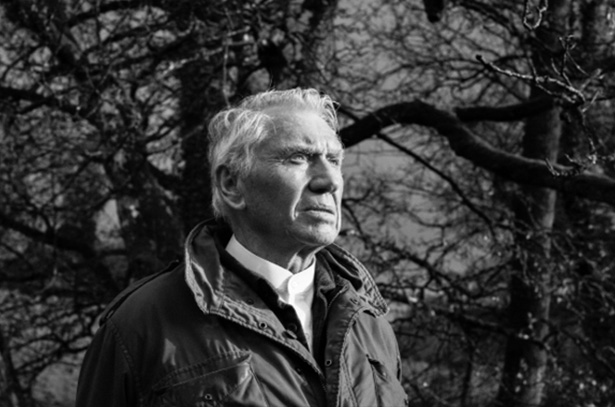
Don McCullin
‘When human beings are suffering, they tend to look up, as if hoping for salvation. And that’s when I press the button.’—Don McCullin
Photographer Don McCullin has witnessed some of the most harrowing humanitarian disasters of the last half-century, having covered every major conflict in his adult lifetime. His assignments included the Vietnam and Biafra War, Northern Ireland, the Lebanese Civil War, Belgian Congo, the Russian invasion of Afghanistan and the fall of Phnom Penh. In pursuit of his work, he was wounded in Cambodia, fell from a roof in Salvador, was imprisoned by the Idi Amin regime in Uganda, and contracted cerebral malaria in West Africa. But in the course of his long career, and through his dedication to documenting global wars and conflict, he has become celebrated both as a master of black and white photography, and as history’s greatest war photographer. His early professional career shone a harsh spotlight on the reality of post-war life, including the stark landscapes of the industrial north, the increasing unemployment and homelessness levels in the capital, and growing unrest across the country. For the last two decades, McCullin has turned to look at the land around him, namely the Somerset village in which he was evacuated during the Blitz. Often referring to the sweeping rural landscape as his greatest salvation, the photographer demonstrates the full mastery of his medium with stark black and white images resonating with human emotion whilst retaining the honesty and grit synonymous with his earlier works.
McCullin holds a Commander of the British Empire medal, and is only the second photographer to become a Knight of the Realm. Major exhibitions include: ‘Hearts of Darkness,’ Victoria & Albert Museum, London, UK (1980); Barbican Center, London, UK (1998); La Maison de la Photographie, Paris, France (2002); ‘Shaped By War,’ Imperial War Museum, London, UK (2012); Gracefield Arts Centre, Dumfries, UK (2017), a part of the Tate’s highly celebrated Artist Rooms. A major retrospective took place at Tate Britain, London and Tate Liverpool, Liverpool, UK in 2019-2021.
Current Exhibitions
1 / 12




